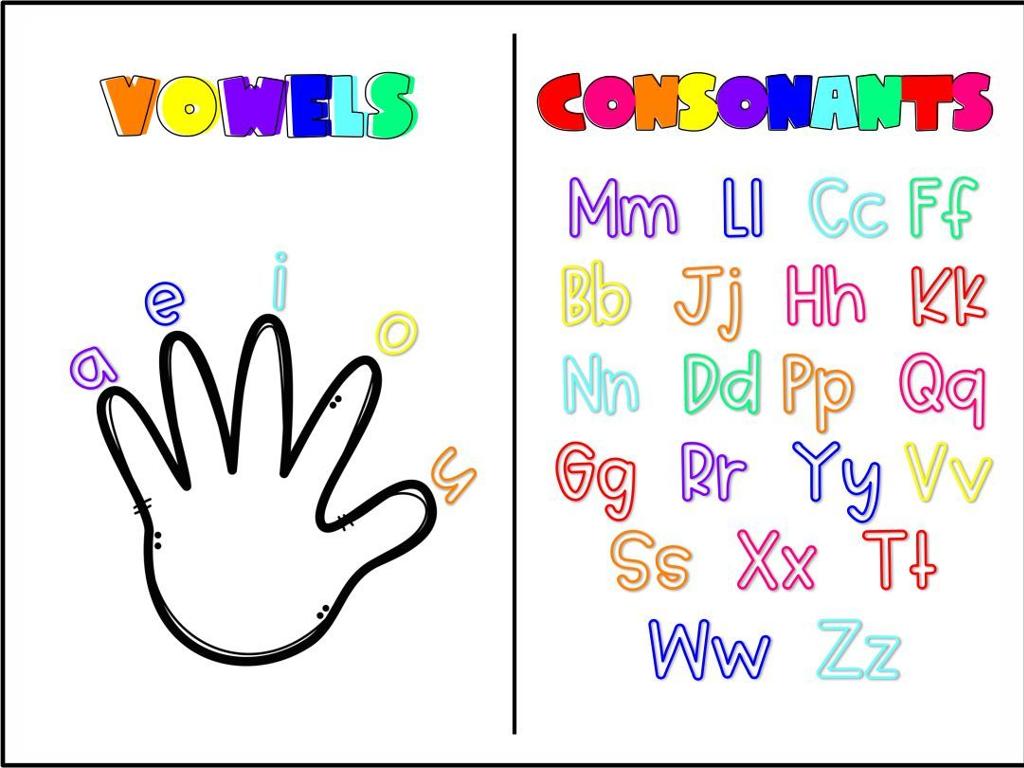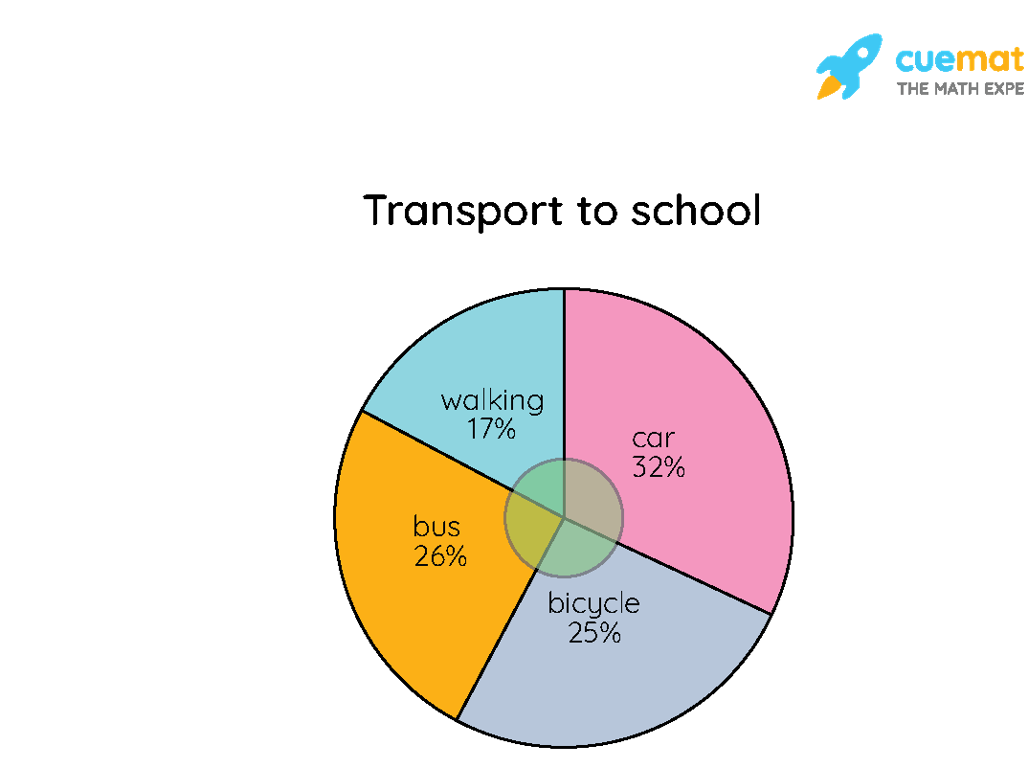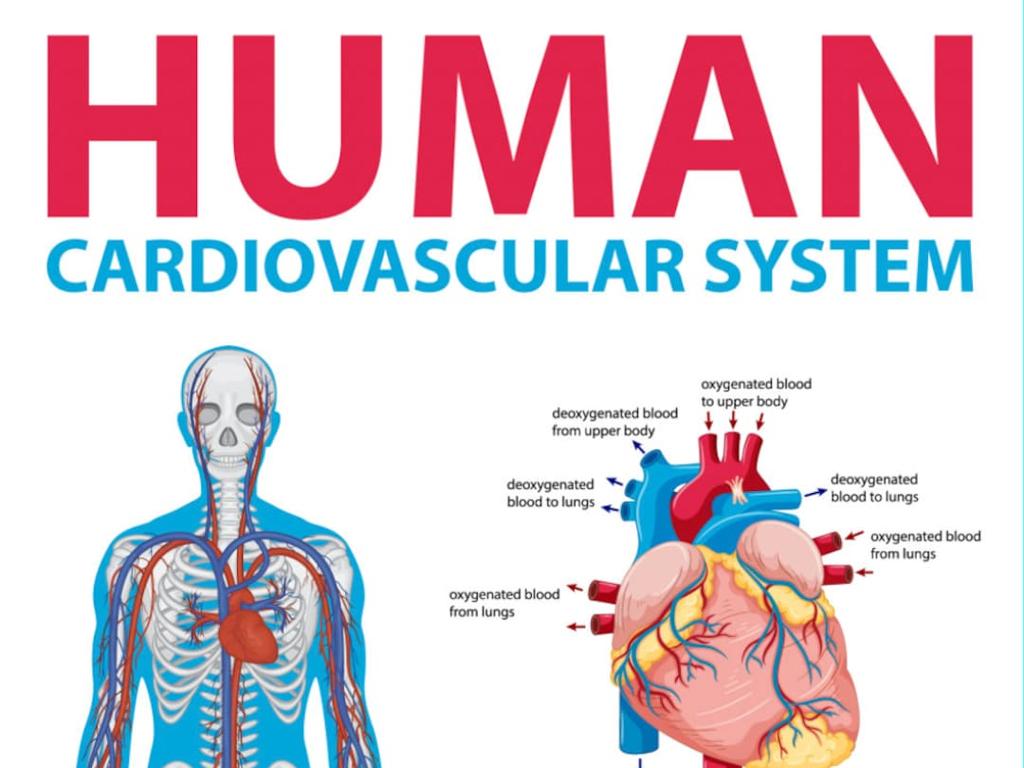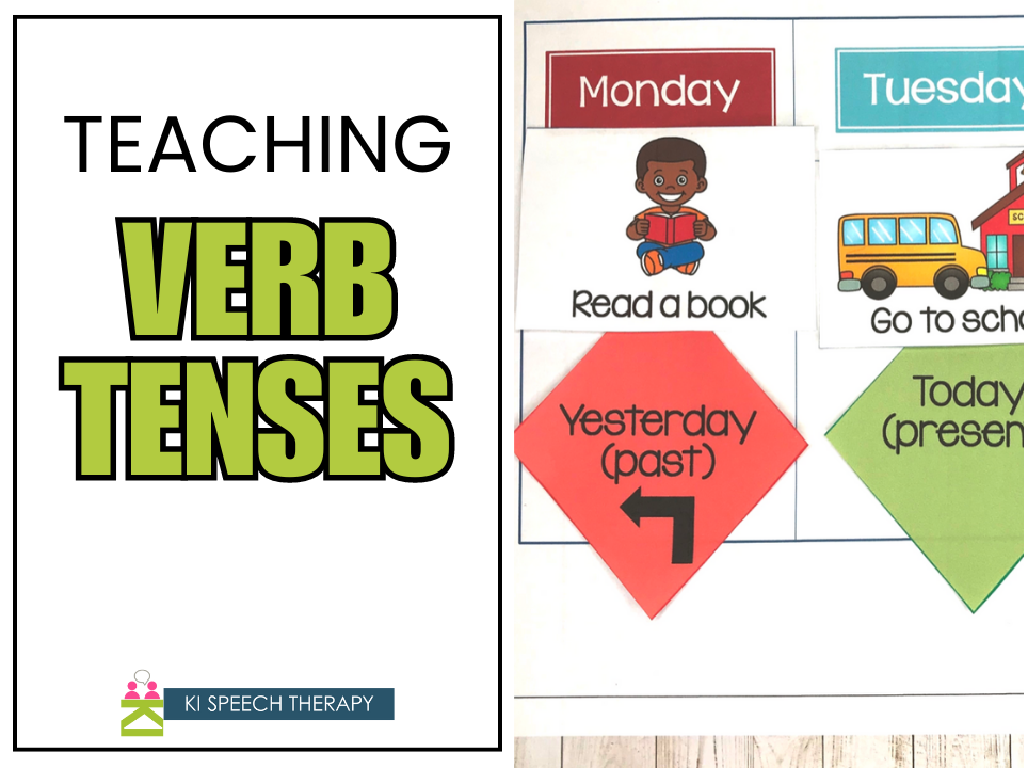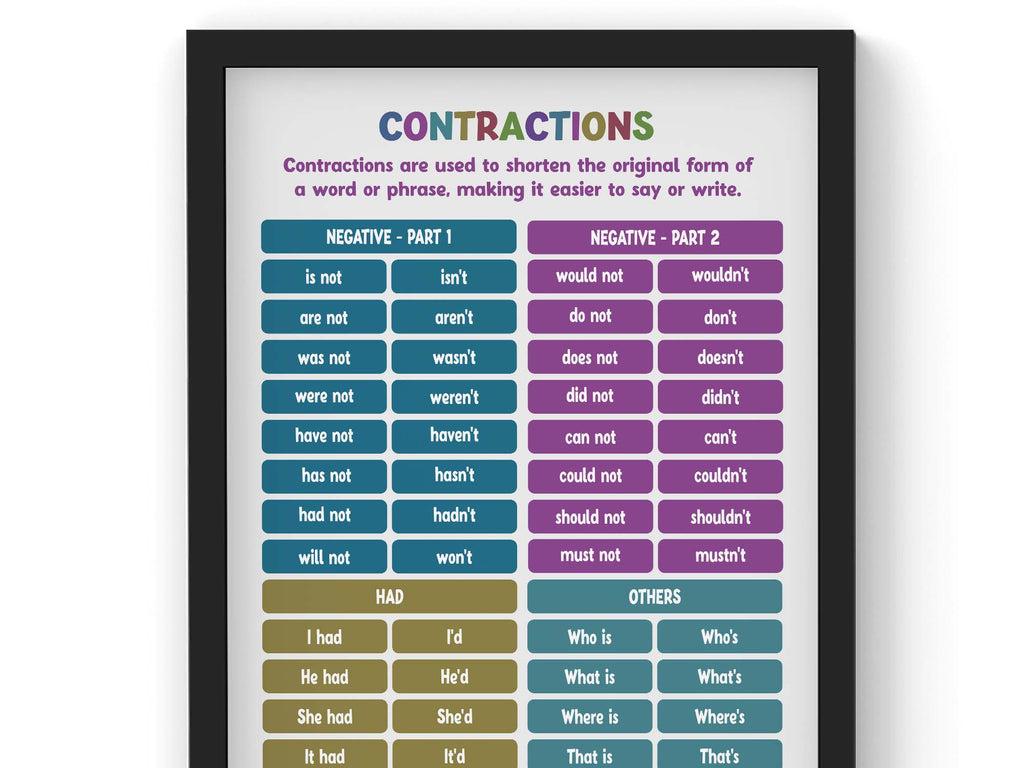Choose The Synonym
Subject: Language arts
Grade: Fifth grade
Topic: Synonyms And Antonyms
Please LOG IN to download the presentation. Access is available to registered users only.
View More Content
Exploring Synonyms
– What are synonyms?
– Words with the same or similar meanings, like ‘big’ and ‘large’.
– The value of synonyms in language
– They enrich our speech and writing, allowing for variety.
– Examples of common synonyms
– ‘Happy’ and ‘joyful’, ‘sad’ and ‘unhappy’, ‘fast’ and ‘quick’.
– Practice finding synonyms
– Look for synonyms in a story or your daily conversations.
|
This slide introduces the concept of synonyms to the students, explaining that synonyms are words that have the same or nearly the same meaning as another word. Emphasize the importance of synonyms in making language more interesting and expressive, and in avoiding repetition. Provide clear examples of synonyms that the students can easily relate to, and encourage them to think of more examples. As an activity, students can practice finding synonyms for words in stories they read or in their everyday conversations, enhancing their vocabulary and comprehension skills.
Exploring Synonyms
– Synonyms have similar meanings
– Words with the same or nearly the same meaning, like ‘happy’ and ‘joyful’.
– Enhance writing with synonyms
– Using different words that mean the same thing makes stories more exciting.
– Synonyms prevent repetition
– Instead of saying ‘big’ many times, use ‘huge’, ‘gigantic’, or ‘massive’.
– Practice choosing synonyms
– Find synonyms for ‘said’, such as ‘whispered’, ‘yelled’, or ‘mentioned’.
|
This slide introduces the concept of synonyms to the students, emphasizing their importance in enhancing writing and communication skills. By understanding that synonyms have similar meanings, students can learn to diversify their vocabulary and make their writing more vivid and engaging. Encourage them to think of synonyms as a toolkit for expressing the same idea in different ways, which is especially useful in avoiding repetition and keeping the reader’s interest. Provide examples and engage the class in an activity where they replace overused words with synonyms to improve a sample paragraph.
Choosing the Right Synonym
– Understanding synonyms
– Synonyms are words with similar meanings, like ‘happy’ and ‘joyful’.
– Context influences meaning
– The sentence around the word tells us which synonym fits best.
– Synonyms aren’t always interchangeable
– Some synonyms have slightly different meanings or usage based on context.
– Practice choosing synonyms
|
This slide aims to teach students how to select appropriate synonyms based on context. Begin by explaining that synonyms are words that have similar meanings but may not always be perfect substitutes for each other. Emphasize the importance of considering the sentence as a whole to determine which synonym to use. Highlight that nuances in meaning and connotation can affect which synonym is appropriate in a given situation. Encourage students to practice by providing sentences and having them choose the most suitable synonyms from a list, explaining their choices. This will help them develop a deeper understanding of word choice and its impact on sentence meaning.
Exploring Synonyms: Words with Similar Meanings
– ‘Happy’ and ‘Joyful’
– Both mean feeling pleased or content
– ‘Fast’ and ‘Quick’
– Both describe something moving with high speed
– ‘Beautiful’ and ‘Attractive’
– Both refer to something that is pleasing to look at
|
This slide introduces students to the concept of synonyms, which are words that have similar meanings. Use examples that are easy to understand and relate to. ‘Happy’ and ‘Joyful’ both express a state of happiness or contentment. ‘Fast’ and ‘Quick’ are often used interchangeably to describe something moving with high speed. ‘Beautiful’ and ‘Attractive’ both describe something that is pleasing to the eyes. Encourage students to think of other synonyms and use them in sentences to grasp the nuances between words that have similar meanings. This will enhance their vocabulary and comprehension skills.
Practice Time: Choosing Synonyms
– Practice choosing synonyms
– Group examples together
– We’ll look at words and find similar ones as a class
– Think of the best synonym
– Consider which synonym fits best in different contexts
– Engage with each word
– Why does this synonym work well? Discuss!
|
This slide is designed to engage students in a synonym-finding activity. Start by explaining that synonyms are words that have similar meanings. Encourage students to think critically about word choice and how synonyms can change the nuance of a sentence. Work through examples as a class, discussing why certain synonyms might be more appropriate than others depending on the context. This will help students understand that while words may be similar, they are not always interchangeable. The activity will also reinforce vocabulary skills and promote active participation.
Group Activity: Synonym Match-Up
– Form small groups for the activity
– Distribute word cards to each group
– Match words with their synonyms
– Find the word that has the same meaning
– Discuss matches within your group
– Why do you think these words are synonyms?
|
This interactive group activity is designed to help students understand and practice synonyms. Divide the class into small groups and provide each group with a set of word cards. Each card has a word that the students must match with another card containing its synonym. The goal is to find pairs of words that mean the same or almost the same thing. After matching, encourage discussion within the groups to explain their choices. This will help reinforce their understanding of synonyms. As a teacher, circulate around the room to assist and guide discussions. Possible variations of the activity could include timed challenges, using the matched synonyms in sentences, or creating a synonym word wall with the matched pairs.
Review and Reflect: The Power of Synonyms
– Importance of knowing synonyms
Synonyms prevent repetition, enrich vocabulary.
– Synonyms enhance communication
They help convey precise meanings, avoid misunderstandings.
– Reflect on today’s learning
– Share your insights
Think about how synonyms changed how you understand words.
|
Understanding synonyms is crucial for students as it allows them to expand their vocabulary and express themselves more precisely. By avoiding repetition, they can make their writing and speech more interesting and engaging. Synonyms also play a key role in comprehension, as they help to grasp the nuances of different words with similar meanings. During the reflection, encourage students to think about how their communication might improve with the use of synonyms. Ask them to share examples of how a synonym could change the meaning of a sentence or make it clearer. This will help consolidate their learning and appreciate the importance of synonyms in everyday language.
Homework: Exploring Synonyms for Spelling Words
– Find synonyms for spelling words
– Look up words that have the same meaning as your spelling words
– Use synonyms in sentences
– Create your own sentences using the new synonyms
– Get ready to share in class
– Practice reading your sentences aloud for our next class
|
This homework assignment is designed to expand the students’ vocabulary and understanding of synonyms. Students should use a thesaurus or dictionary to find synonyms for their assigned spelling words. Once they have their list of synonyms, they should construct sentences that correctly use these new words in context. Encourage creativity and proper usage of the words. In the next class, students will have the opportunity to share their sentences, which will help reinforce their learning and allow them to learn from each other’s examples. This exercise will also enhance their public speaking skills as they present their sentences to the class.

